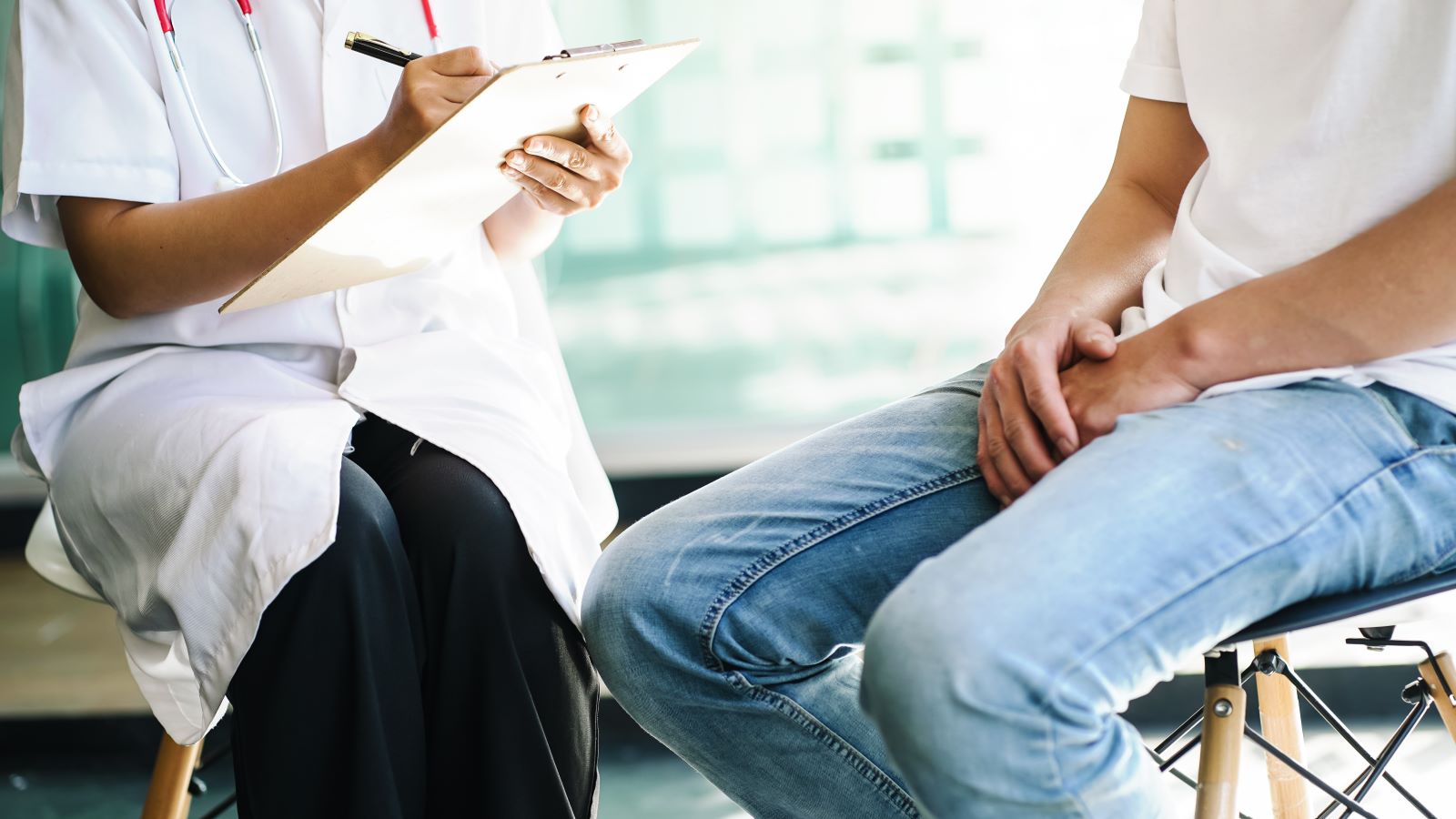<< Back
How to Check for Testicular Cancer

August 08, 2024
A testicular self-exam may not be at the top of your wellness to-do list, but it should be. Regular checks are the key to watching issues like cancer early.
Not sure where to start? We asked an expert to guide you through your first testicular self-exam.
Testicular cancer is very treatable when caught early.
Testicular cancer is rare — about one in every 250 men will have it at some point in their lifetime.
It’s also one of the most curable cancers, especially when caught early, which makes self-exams especially important.
You should start doing testicular self exams in your 20s.
Unlike other cancers, testicular cancer is most likely to affect younger men, with an average diagnosis age of 33. Because of this, its important to start self exams in your 20s.
“Patients who visit their pediatrician annually should be having a genital exam as part of their health check-up,” explains John Graham Jr, MD, a urologic oncologist with the Tallwood Urology & Kidney Institute. “As you move away from seeing a pediatrician and into your 20s, we encourage men to do monthly self-exams in a warm environment.”
> Related: 7 Signs of Testicular Cancer That Young Men Should Know
How to perform a testicular self-exam
If you’ve never done a testicular self-exam before, Dr. Graham offers three easy steps to get you started.
- Find a warm spot. A warm shower or bath is ideal because it helps the testicles relax.
- Use gentle pressure. With your index finger and thumb, gently feel around each testicle.
- Examine for changes. Feel for any unusual lumps, bumps, or significant differences in size. Remember, a slight asymmetry is normal.
This quick self-exam only takes about a minute and should be done once a month. Over time, you’ll become more familiar with your body so you can spot any changes more easily.
What to do if you notice something.
If you notice any hard, painless lumps, you should check in with a healthcare professional.
Any pain in the testicles should be evaluated more immediately at an urgent care center or emergency room.